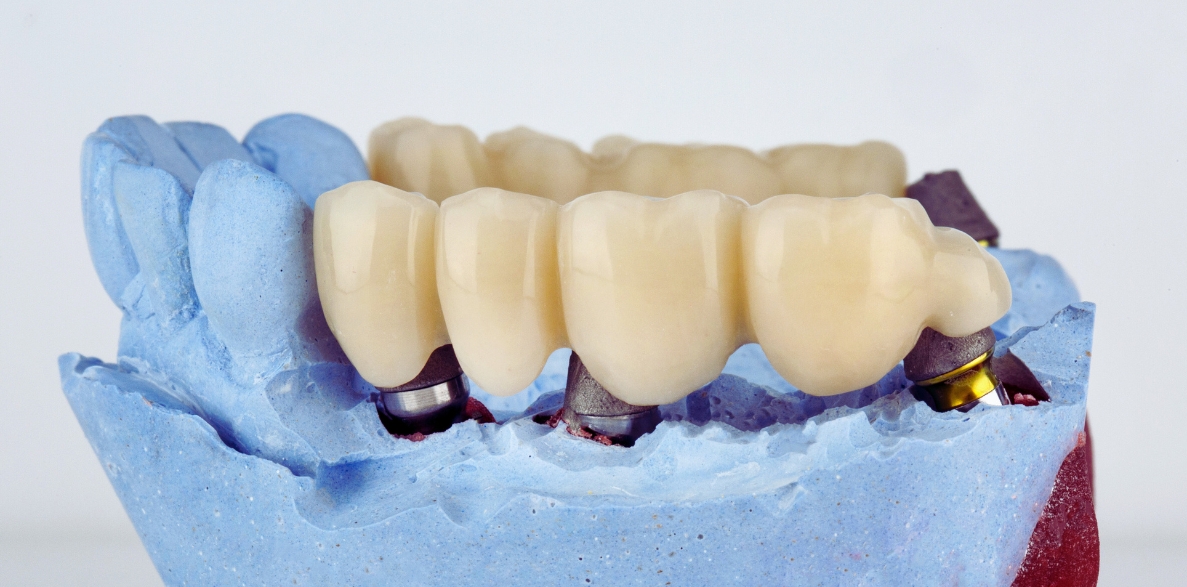We are Not A MassHealth Provider
What You Need to Know Before Getting a Dental Bridge?

Numerous studies have been conducted on how our appearance influences our self-esteem. One aspect that all these studies agree on is that there’s a strong correlation between our appearance and our confidence level. We feel more confident when our looks make us happy. And it’s undeniable that a great role in a nice appearance is played by our oral health. But missing teeth are more than just about looks. They influence how we speak, chew, and facial appearance. But worry not! You now have the perfect solution to fix your missing tooth – a dental bridge.
A dental bridge provides a trustworthy means of restoring oral function and facial aesthetics. But before making a choice, let’s explore things to know before getting a dental bridge to make the right decision:
Types of Dental Bridges
There are various bridges for different requirements. Knowing choices helps make the right decision.
- Traditional Bridges – Use crowns on nearby teeth for support. Best for individuals with healthy neighboring teeth.
- Cantilever Bridges – Supported on one side alone. Good for areas with fewer neighboring teeth.
- Maryland Bridges – Attached to existing teeth with a metal or porcelain framework. Less aggressive but less strong.
- Implant-Supported Bridges – Supported by dental implants instead of natural teeth. Offer long-term stability and strength.
Eligibility for a Dental Bridge Treatment
A dental bridge needs a solid foundation. A dentist assesses oral health to determine appropriateness.
- Healthy adjacent teeth to support a classic or cantilever bridge
- Strong gum health
- Bone density for bridges supported by implants
- Correct bite alignment to extend the life of the bridge
Procedure Breakdown
Knowing the process assists in managing expectations from the treatment.
- Consultation & Evaluation – The dentist recommends X-rays and impressions of the patient’s jaw structure to determine oral health.
- Tooth Preparation – The dentist reshapes the nearby teeth for crown installation (if necessary).
- Impressions & Temporary Bridge – A temporary bridge is installed based on the impression taken
- Permanent Bridge Placement – A custom bridge is fitted, adjusted, and cemented.
- Follow-Up & Adjustments – The dentist checks for proper fit and comfort post-placement.
Lifespan & Maintenance
With proper care, the lifespan of a bridge is increased.
- Average Lifespan – It lasts 5 to 15 years, depending on how well it is cared for.
- Oral Hygiene – Brushing, flossing, and frequent cleanings keep decay away from the bridge.
- Diet Options – Steer clear of hard and sticky foods that can harm the bridge.
- Regular Checkups – Dentists check fit and catch potential problems early.
Possible Risks & Complications
Risk awareness prevents surprises.
- Tooth Sensitivity – Frequent after installation but typically temporary.
- Gum Inflammation – Regular cleaning prevents infection.
- Bridge Failure – Decay in support teeth or structural damage reduces longevity.
- Jawbone Deterioration – This is a problem with conventional bridges owing to the lack of root stimulation.
A dental bridge is a restorative dental tool that revives your dental function and helps you feel confident in yourself. Familiarity with the essential things to know before getting a dental bridge ensures you make an informed decision.
If you want individualized recommendations based on your oral health requirements, a visit to our dentist can make the process smooth for you.


